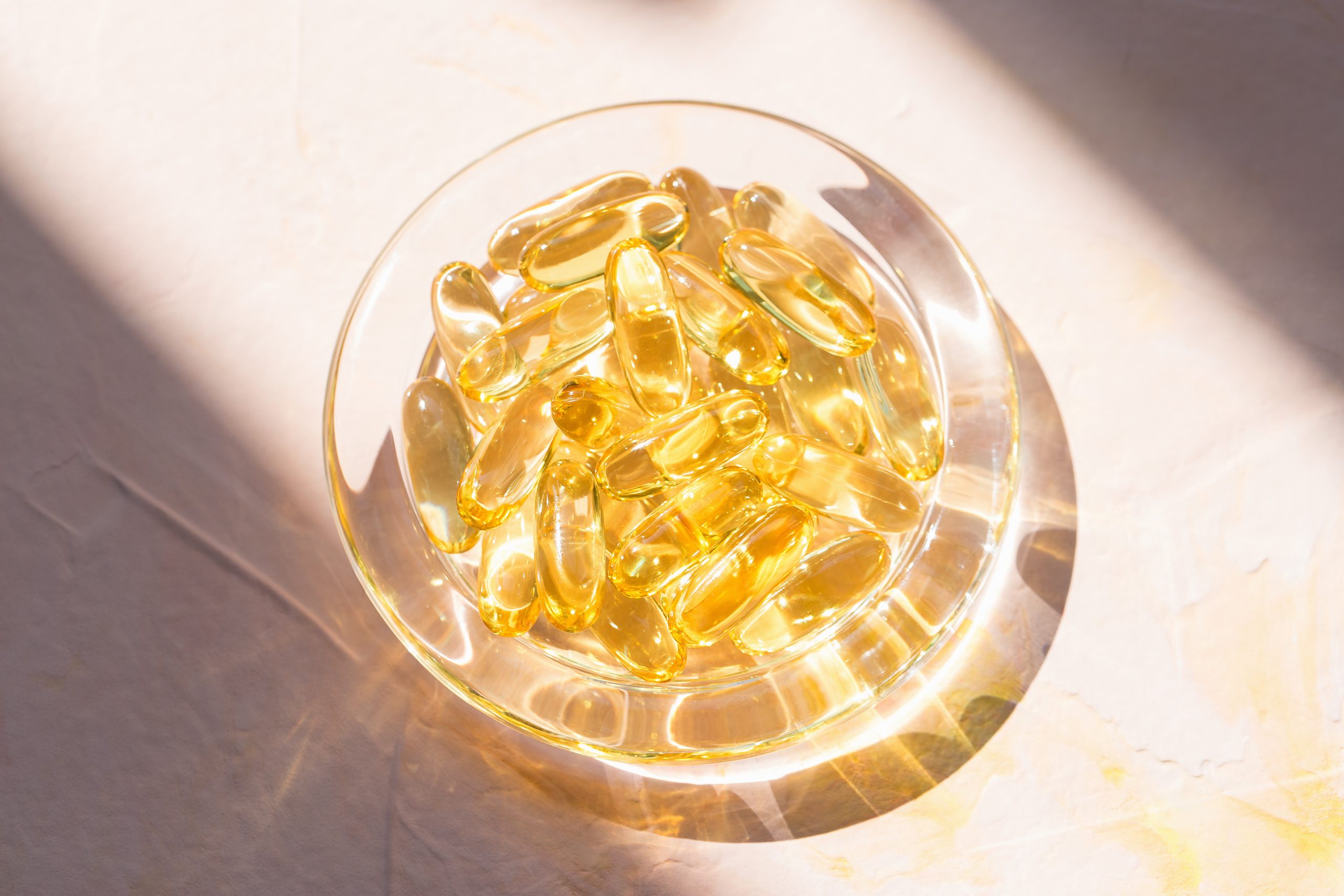Researchers in this study examined the use of fish oil during pregnancy to determine if it could prevent asthma in their children. A total of 736 pregnant Danish women were randomized to receive either 2.4 g per day of eicosapentaenoic acid (EPA) and docosahexaenoic acid (DHA) derived from a fish oil supplement, or a placebo, during the third trimester. Their children, 695 of them, were then followed for five years. The children of the mothers who received fish oil had a relative reduction of 30.7% in asthma or persistent wheeze. Fewer lower respiratory infections also occurred in the fish oil group. There were no differences in eczema or allergic sensitization between the groups. The most significant results in prevention of asthma or persistent wheeze were seen in the children of mothers who had the lowest dietary intake of EPA and DHA.
Commentary: Childhood allergies and asthma are on the rise in western countries, and it is thought to be due in part to diet, including deficiencies of omega-3 polyunsaturated fatty acids and/or an excess of omega-6 polyunsaturated fatty acids. Supplementing the diet with 2.6 g per day of fish oils in the third trimester is currently not the norm, both for consumers and clinicians who advise their patients. However, given this study, I think we should reconsider our habits and increase the dosing recommendations of fish oils to women, at least during the third trimester.
Reference:
1. Bisgaard H, et al. Fish oil derived fatty acids in pregnancy and wheeze and asthma in offspring. NEJM 2016 Dec 29; 375: 2530


